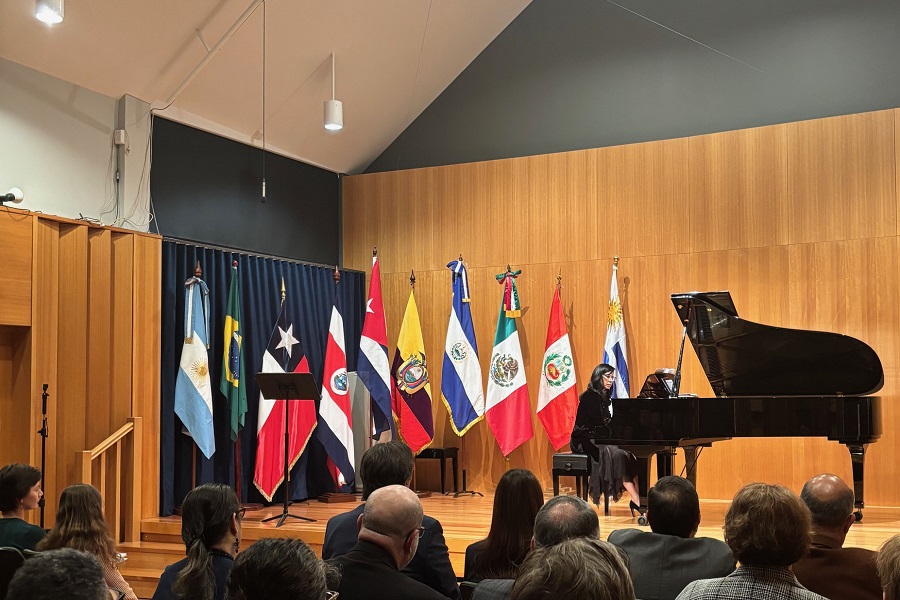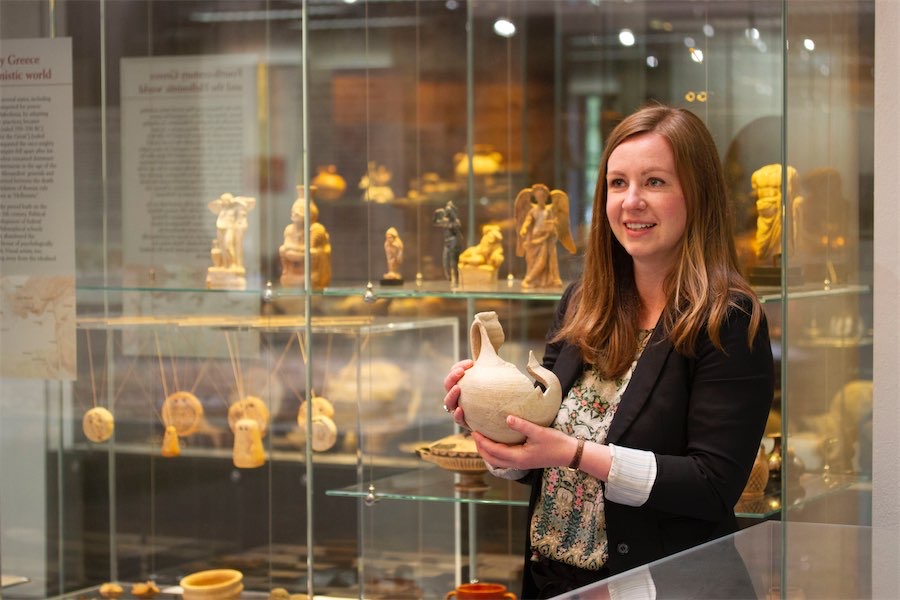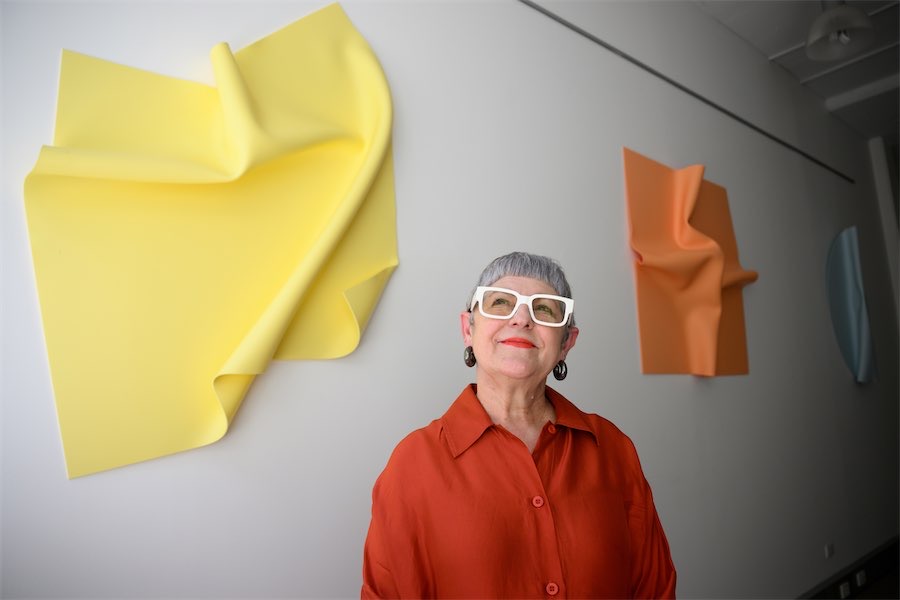
Music / Women’s Music & Poetry from Latin America, Wesley Music Centre, October 9. Reviewed by HELEN MUSA.
Supported by Canberra’s Latin America Embassies for Chile, El Salvador, Brazil, Argentina, Cuba, Ecuador, Costa Rica, Colombia, Mexico, Uruguay and Peru on Wednesday, the Mexican-Australian pianist Irma Enriquez performed a tour-de-force concert of women’s music from Latin America.
It’s a move which our Anglophone concerts might emulate, as she also engaged an impressive team of ANU Spanish language students and members of the community to perform poems by women, each matching the chosen modern piano work which she played.
It’s not the first time Enriquez has engaged in such an act of musical advocacy, as we saw in 2022 when she joined with Opera Australia tenor Diego Torre at the Fairfax Theatre in an exploration of new Mexican music in Spanish and indigenous languages.
This time round her sweep was wider and Wesley Music Centre was pretty well filled to capacity with proud members of Canberra’s Latin American communities, meaning that, although the introductions were done in English, everything else was in Spanish only, including the lyrics of the poetry, accessible only by a QR code with which I struggled all night. These should have been bilingual and in hard copy for ease of following.
The music varied from the delicate to the dramatic, and it was not always obvious how the poems matched it in content, though the poems chosen were by eminent writers, as the catalogue of their academic qualifications by the speakers indicated.
One striking example of a good match was when Enriquez played Maruja Hinestrosa’s Fantasias sobre aires Colombianos, which featured traditional Colombian rhythms. Here the matching poem by Maruja Viera, Otonna Futuro en Alemania (A Future Autumn in Germany), an apocalyptic vision of Europe, reflected the drama and urgency of the piano.
Some of the works were melodic and articulate, like La sensitive (Redowa de Salon) by Chilean composer Delfina Perez, matched by the poem Pais de la Ausencia by Chilean Nobel Laureate, Gabriela Mistral.
Others, like the short, fiery El Zafa-Caite by Maria de Baratta, were more nationalistic, matched by the poem Soneta del Arcangel by Claudia Lars.
A change of tempo and a change of language saw Enriquez performed Brazilian composer Francisca Gonzaga’s light hearted Atraente (Polka).
It was not surprising that the work from Argentina was a tango, with Tango 70 by Lia Cimaglia allowing complex and varied playing. Likewise, from its neighbour Uruguay came Beatriz Lockhart’s El Emigrante, a tribute to Astor Piazzolla, with a jazzy feel.
A highlight from Cuba, was Toque de clave by Gisela Hernandez, fast like the sound of running water, then slower and pensive but with a dramatic ending.
The centrepiece, from Ecuadorian composer Aurora Roman, was the grand Dansa de los Amazonas, but just as intriguing was the following work from Costa Rica, Elucubraciones by Pilar Aguilar. Written for the left hand, it was evidently easy for Enriquez.
Carrusel, by well known orchestral composer Lilia Vazquez Kuntze from Mexico saw a change to a more poignant tone, before the recital finished with Peruvian Monica Cardenas’ Prelude and Fugue, Huapango, and the intriguingly-titled poem, Tres Da Madrugada (Three in the morning) on Andy Warhol Bridge by Andrea Cabel.
Who can be trusted?
In a world of spin and confusion, there’s never been a more important time to support independent journalism in Canberra.
If you trust our work online and want to enforce the power of independent voices, I invite you to make a small contribution.
Every dollar of support is invested back into our journalism to help keep citynews.com.au strong and free.
Thank you,
Ian Meikle, editor




Leave a Reply